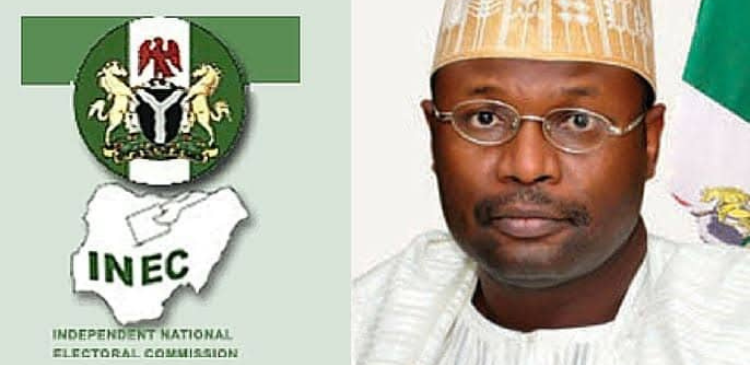The Long list of candidates contesting various elective positions in the 2023 general elections, and the delay by INEC to make public the report on the primaries, may lead to unnecessary litigations by aggrieved aspirants who may want to seek redress.
ait.live examines the position of the new electoral law on post primary election disputes, and available ways for justice to prevail.
Seventeen political parties participated in the just concluded party primary elections in all states including the Federal capital Territory, Abuja.
The political parties had on June 17, submitted to INEC the names of their candidates vying for different positions at the federal level in the 2023 general elections.
The names submitted to INEC by the various political parties, have resulted in several court cases by dissatisfied aspirants in Akwa-ibom, Ogun, Taraba, Benue, Plateau, Kano and Gombe against their political parties and INEC while others are yet to decide.
Some of the aggrieved party members who spoke to ait.live, say they are not worried about the names of candidates published by INEC, but are waiting on the courts for interpretation.
Those that have decided not to contest the outcome of the primary election results, preferred to support the candidates who emerged victorious.
But contrary to media insinuations, the national commissioner, for information and voter education, Festus Okoye, denied reports that the commission failed to release the party primaries election report as there are due processes that must be followed in line with the new electoral law particularly the payment of certified true copy, CTC as part of request needed.
Some High profile individuals involved in the controversial submission of names include the President of the Senate, Ahmad Lawan and the former Minister of Niger Delta Affairs, Godswill Akpabio, which appeared on INEC portal as senatorial candidates of their party but failed to participate in the primaries that produced the party’s candidates
With the new electoral law and the 1999 constitution ammendment, three questions may be running through the minds of many Nigerians. Will INEC take a chance by accepting names of persons that did not participate in the primary monitored by its officials?
Will the commission compromise and ignore the report of its monitoring team on the candidates that emerged from validly conducted primaries across the 36 states and act like a real regulator by exercising its power to sanction parties that violate the electoral law to reject fraudulent and false submissions from the parties?
Only time will tell
Editor Paul Akhagbemhe








